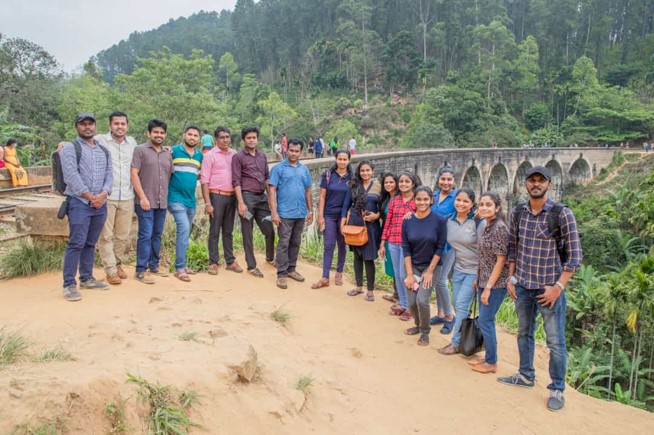:format(webp))
Update from the project "Destination resilience - quality infrastructure for resilient tourism"
Futouris, together with the German Committee for Disaster Reduction (DKKV), has made significant progress in the BMZ-funded project "Destination Resilience", including the identification of pilot destinations in Sri Lanka, Namibia and the Dominican Republic and the implementation of a fundamental analysis of tourism structures. The aim is to support capacity building in the project destinations and to raise awareness of destination resilience in the travel industry. Planned project outputs include guidelines and manuals, multilingual training material and an interactive online application.
:format(webp))
Progress in the Destination Resilience project
In recent months, Futouris and its project partner Deutsches Komitee Katatstrophenvorsorge (DKKV) have made great progress in the BMZ-funded "Destination Resilience" project. Pilot destinations have been identified in all project countries and local partners have been recruited. In Sri Lanka, activities are being carried out in the tourism-relevant mountain town of Ella and supported by a local project team from Uva Wellassa University. In Namibia, the Erongo region around Swakopmund was selected as the pilot destination. A team from the University of Namibia is supervising the activities on site. The third project destination is the Samaná Peninsula in the Dominican Republic, where a local project team from the non-profit consulting and educational organization KATE Environment & Development is implementing resilience assessment and enhancement measures on site.
Analysis and identification of tourism structures
In preparation, the project team also carried out the first basic analysis of tourism structures and local risks in the selected project destination Samaná in November 2021. This enabled the project team to gain a comprehensive impression of the local structure, the actors involved and the regional challenges and risks.
In cooperation with the local GIZ representatives, this also provided an opportunity to present the planned project activities to the mayors of the selected region and discuss the importance of resilience in this context. In a next step, focus group discussions and expert workshops are planned to identify local tourism structures, risks and risk drivers in the selected destinations in Namibia and Sri Lanka.

Planned activities and outcomes of the project
Planned project outputs that can be made available to the industry and other national and international destinations are a general Tourism Resilience Guideline and specific resilience guidelines for all three destinations, which show possible options for action for different stakeholder groups on the ground. Associated destination manuals, corresponding multilingual training material and an interactive online application on the topic of destination resilience complete the project outputs.
In addition to providing concrete support for capacity building in the project destinations, another aim of the project is to raise awareness of destination resilience in the travel industry. In this context, DKKV Managing Director Dr. Benni Thiebes took part in a panel discussion at ITB 2022 and critically discussed the connections between sustainable tourism, risk management and disaster risk reduction with other panel participants. The recording can be accessed via the following link With new partnerships from crisis management to destination resilience (BMZ)
Other planned activities include a webtalk on the project, in which the concept of destination resilience and its application will be critically discussed with representatives from academia and practice.
